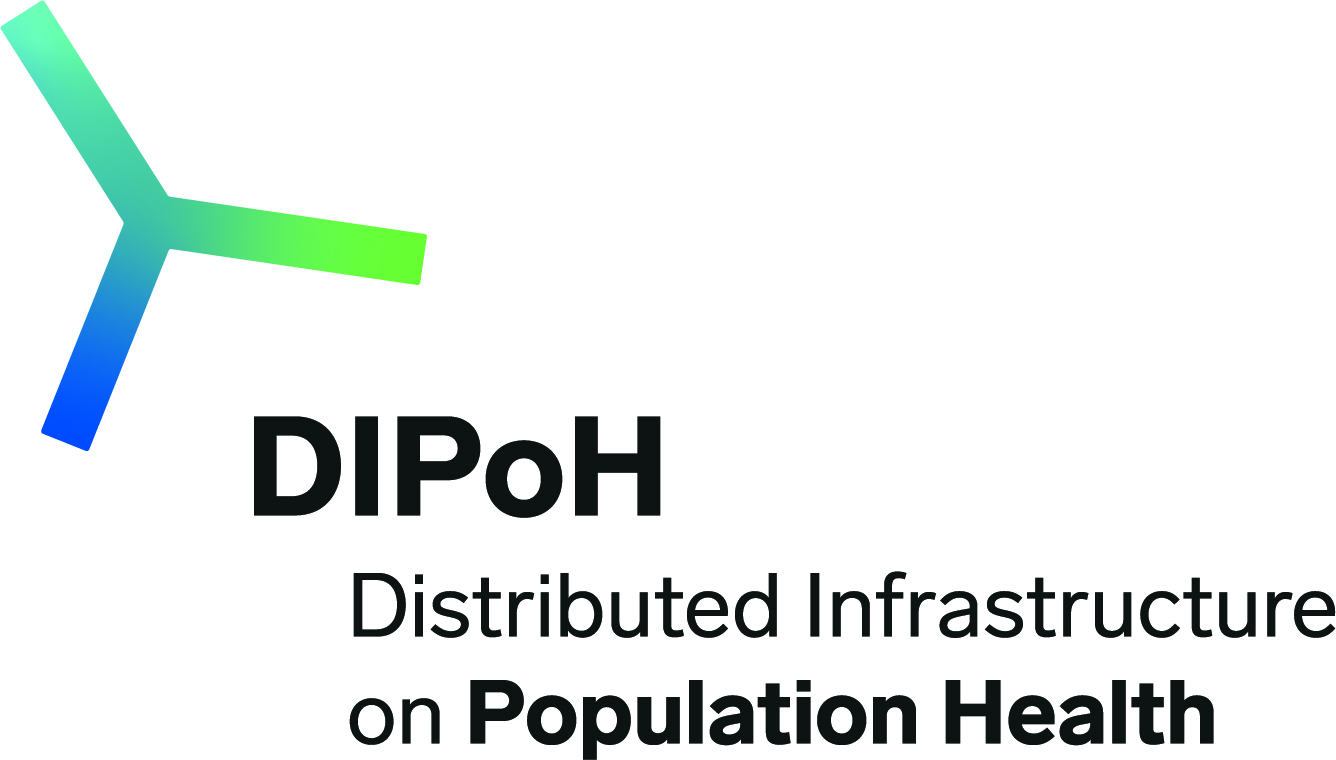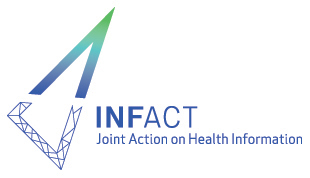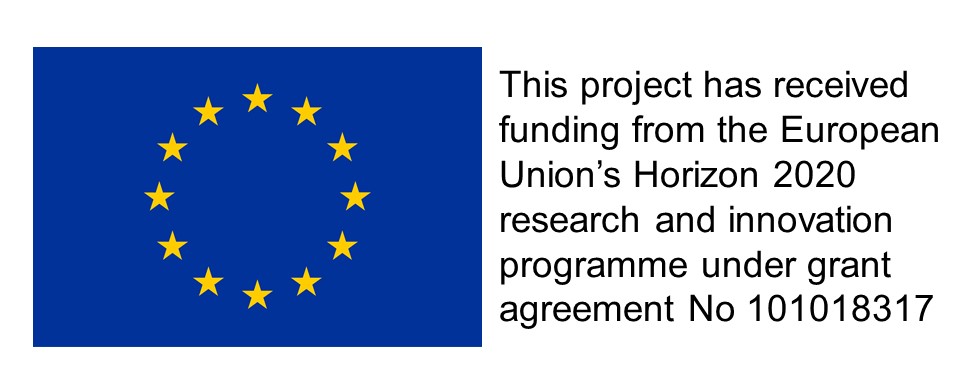Development of an efficient steganalysis framework for uncovering hidden data in digital media
In the past years, criminals and terrorists have been using methods for concealing incriminating information in digital media files such as images, video, audio, and text files. The main objective of UNCOVER is to develop innovative technologies for detecting hidden information (steganalysis) and to increase the technological autonomy of Law Enforcement Agencies (LEAs) in the field of digital media steganalysis.





